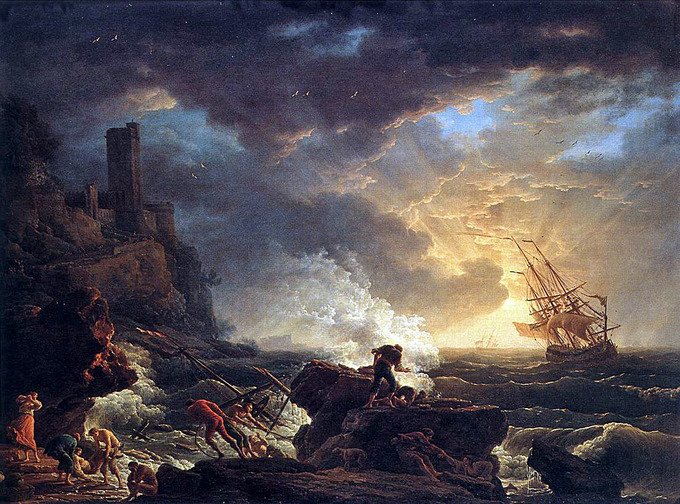
Introduction to Rhetoric and Composition
This class operates under the truth that writing is a political act. I invite students to take a writing about writing approach, in which there is no universal standard for “good writing.” I introduce students to threshold concepts of literacy, genre, and critical discourse, offering assignments that are not prescriptive, but recursive. Ultimately students explore how writing is a process, and how linguistic and visual forms of rhetoric make meaning in an ever-changing world. Past readings have included bell hooks’ memoir Belonging, Tommy Orange’s There, There, and Jia Tolentino’s “The ‘I” in the Internet.”
image credit: Mir Suhail

Readings in Literature and Culture: Post-Human Wishes
“You are not yourself” - Jacques Lacan (1966), Barbara Krueger (1983), Calvin Thomas (2013).
This Transatlantic class explores literary representations of the human condition, in texts from The Enlightenment to the present. In addition to tracing the development of literature across the aesthetic movements of Romanticism, Modernism, and Post-Modernism, this class pays special attention to psychoanalytic and postcolonial theories of identity. Readings include Mary Shelley’s Frankenstein, Charlotte Bronte’s Jane Eyre, Franz Kafka’s Metamorphosis, and W.E.B. DuBois’s The Souls of Black Folk.
image: Paul Vernet “The Shipwreck” (1772)

Speculative Realities
This class pulls equally from Literary Studies and Creative Writing pedagogy to assess the ways in which writers have envisioned alternative and future worlds. As students read and analyze seminal works of science fiction and philosophy, they are invited to contribute their own works of speculation to the literary corpus. By the end of the class, students understand the various genre permutations that fall under the “speculative,” and offer their own stories, poems, video essays, games, and artworks of the multiverse. Texts include: Ray Bradbury’s The Martian Chronicles, Kazuo Ishiguro’s Never Let Me Go, William Gibson’s “Burning Chrome,” poetry by Franny Choi, and stories by Nalo Hopkinson, Haruki Murakami, and Ursula K. LeGuin.
Image credit: Michael Whelan

Critical Theory: Writing the Anthropocene
We are living in a world in which time is deranged and devoured; an era in which humans have had a direct and measurable impact on the planet’s overall well-being. This graduate-level class examines theoretical articles about the Anthropocene, written by authors like Timothy Morton, Anna Lowenhaupt Tsing, Ursula K. Heise, Serenella Iovino and Serpill Oppermann, and Jeffrey Jerome Cohen. It asks students to write both public and academic scholarship in hopes of reaching multiple audiences. Students also read some seminal works of literary naturalism, including Ralph Waldo Emerson’s Nature and Richard Powers’s novel The Overstory.
Image credit: Oscar Oiwa

Novels of the Asian American Diaspora
While “Asian American” remains an insufficient term for such a wide array of people, this class traces similarities and differences across narratives of people hailing from East Asian nations like China, Japan, Taiwan, and Vietnam. Students are invited to explore and critique topics such as Japanese Internment, the model-minority myth, generational trauma, writing for a native audience, linguistic racism, orientalism, fetishization, and Transpacific studies. Texts include Theresa Hak Kyung Cha’s Dictee, Maxine Hong Kingston’s The Woman Warrior, Karen Tei Yamashita’s Through the Arc of the Rainforest, and Ruth Ozeki’s A Tale for the Time Being.
Image credit: Chris Jordan